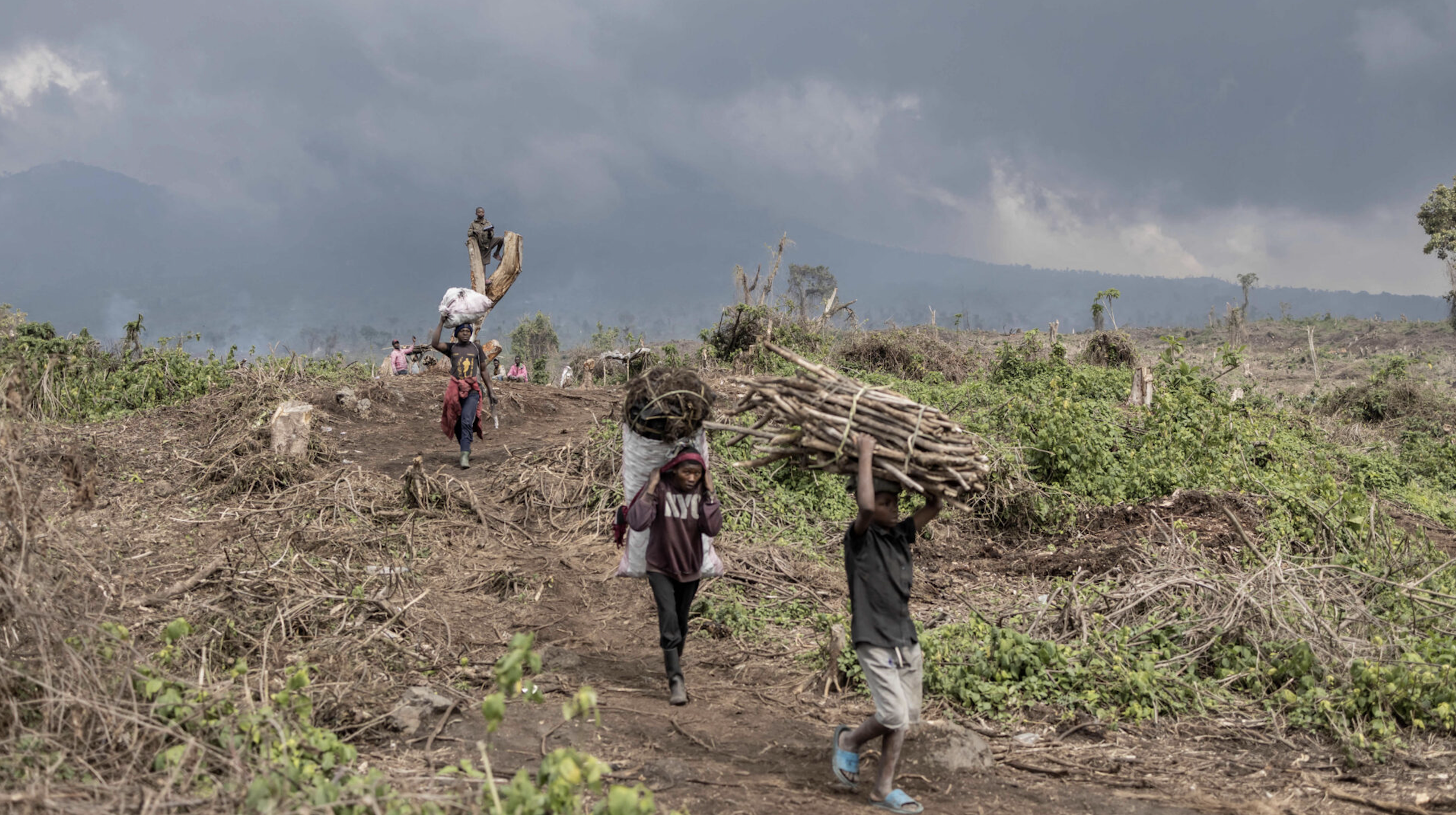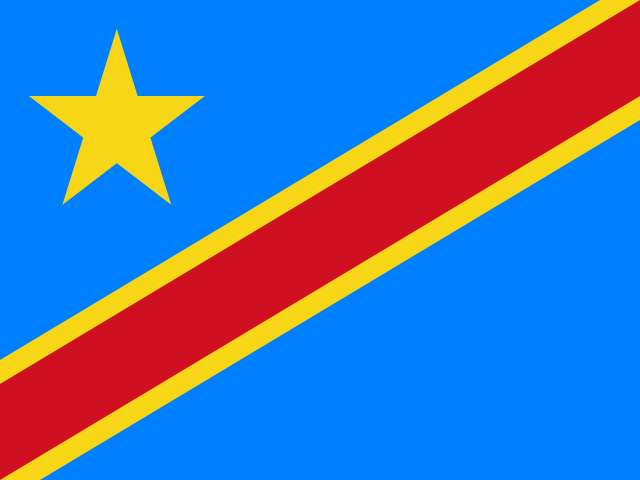
TSS is a dedicated friend of the congo
Our collaboration with 501 (c) Nonprofit Organization “Friends of The Congo”

“season 1 takes place on a planet which draws inspiration from many different African countries & cultures. To pay respect & homage, I wanted to learn more about The dRC & collaborate with Friends of The Congo!”
Many of the planets in my setting (The Kuraun Star System) draw inspiration from real-world cultures and places, and I always aim to try my best to display cultural appreciation rather than appropriation, blending these aspects with fantasy & sci-fi in cool & new ways.
I am forever grateful that FotC reached out and asked to collaborate with us officially.
WHY CARE?
I’ve noticed that often times, people don’t care about issues they can’t connect directly with. This is no great sin- it’s human nature. We care most about the issues closest to us. Family, friends, etc.
But the conflict in the Congo DOES affect us directly.
Did you know that the Congo Basin Rainforest is the second LARGEST rainforest in the world?
The conflict, displacement, and resource extraction happening in the DRC are all contributing to the deforestation and the destruction of the rainforest.
“Mining Cobalt damages the region due to air pollution, water contamination, health risks, deforestation & habitat destruction, and human rights violations.” -friendsofthecongo.org
“Rainforests are essential to life on Earth. Not only do they provide air, water, medicine, food, and shelter to a multitude of living beings, they are also one of our best natural defenses against climate change because of their capacity to absorb greenhouse gases from the atmosphere.”- rainforest-alliance.org
Besides harming the flora and fauna inhabiting the forest, this conflict also affects our fellow brothers and sisters.
“The DRC is currently facing one of the world's worst humanitarian and food insecurity disasters, with one in every four people in need of humanitarian support, and has become the second largest internally displaced people's crisis globally. 25.4 million people are food insecure, including, 13.2 million children.” - savethechildren.net
But it’s not just the conflict that is devastating the people of the Congo, it’s big tech companies, too.
(contd. on next page)
Photo Credit: GETTY IMAGES

Big tech companies like Apple, Tesla, and Intel are accused of employing "forced labor" in the DRC's cobalt mines.
“The Democratic Republic of the Congo (DRC), albeit among the world's poorest, is home to some of the world's most valuable minerals, including cobalt. Large tech businesses need cobalt for electronic products, electric cars, and rechargeable lithium ion batteries, and over 70% of the world's cobalt mining occurs in the DRC. Unfortunately, there is a cost to mining these minerals; child labor, environmental violations, and safety hazards are commonly associated with the process.
CHILD LABOUR IN DRC
In the DRC, young children—some as young as six years old—are forced into inhumane working conditions and child labor. Forty thousand of the 255,000 Congolese who mine cobalt are youngsters. Children labor in these mines in frequently hazardous conditions, a result of the lax oversight and enforcement surrounding cobalt mining.” -Geneva International Centre for Justice
So how can we help?
(contd. on next page)
Photo credit: REUTERS
3 Easy Ways to help the DRC!
Stop buying the newest tech when it comes out.
Try keeping the tech you have now for as long as possible before swapping it out for something new. And when the time does come when you need some new devices- try buying secondhand, or used.
Ask tech companies to employ more ethical sourcing and business practices.
Whether by reaching out directly, organized protesting outside storefronts, or through consumer boycotts, let these companies know that you’re unhappy with their current practices, and want them to change NOW.
Donate to Friends of The Congo.
Donating to groups like Friends of The Congo ensures that not only are YOU helping folks directly- but you’re also empowering them to help themselves through local action- which FOTC focuses on.

